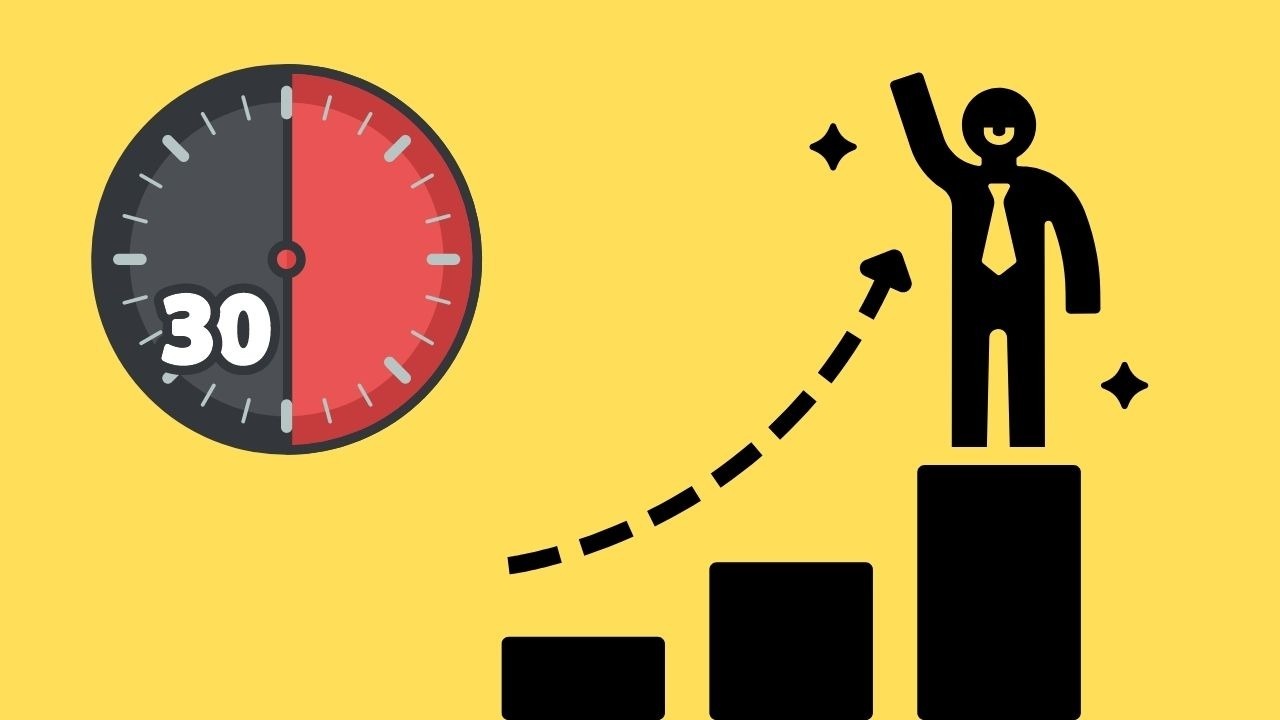Best Ways to Maximize Your Personal Finance
When it comes to personal finance, everyone wants to make the most of their money. Whether you're looking to save for the future, pay off debt, or achieve financial freedom, maximizing your personal finance is essential. In this article, we will explore the best ways to optimize your financial situation, providing you with actionable strategies to improve your financial well-being.
Assess Your Current Financial Situation
Before you can maximize your personal finance, it's crucial to evaluate your current financial standing. Take an inventory of your income, expenses, assets, and liabilities. Understand your cash flow, debt obligations, and net worth. This assessment will provide you with a clear picture of where you stand financially, allowing you to make informed decisions moving forward.
Create a Budget and Stick to It
One of the most effective ways to optimize your personal finance is by creating a budget. A budget helps you track your income and expenses, prioritize your spending, and ensure that you're living within your means. Identify your essential expenses and allocate a portion of your income towards savings and investments. Stick to your budget diligently to avoid unnecessary debt and overspending.
Minimize and Eliminate Debt
Debt can be a significant obstacle to financial growth. Minimizing and eliminating debt should be a priority when maximizing your personal finance. Start by paying off high-interest debts first, such as credit card balances. Consider debt consolidation or refinancing options to lower interest rates and streamline your debt payments. Adopting a debt repayment strategy will help you become debt-free faster.
Save and Invest Wisely
Saving and investing are fundamental aspects of maximizing your personal finance. Set aside a portion of your income for savings and create an emergency fund to cover unexpected expenses. Explore different investment opportunities, such as stocks, bonds, real estate, or mutual funds, based on your risk tolerance and financial goals. Diversify your investments to minimize risk and maximize potential returns.
Increase Your Income
Boosting your income can significantly impact your personal finance. Explore ways to increase your earnings, such as pursuing career advancement opportunities, acquiring new skills, starting a side business, or taking on freelance work. Consider passive income streams, like rental properties or dividend-paying investments, to generate additional revenue. Increasing your income allows you to save more, pay off debt faster, and achieve your financial goals sooner.
Protect Your Finances
Safeguarding your finances is crucial for long-term financial success. Purchase appropriate insurance policies to protect against unexpected events, such as health issues, accidents, or property damage. Review your insurance coverage regularly to ensure it aligns with your current needs. Implement measures to protect yourself from fraud and identity theft, such as monitoring your financial accounts and using strong passwords.
Plan for Retirement
Planning for retirement is essential to secure your financial future. Start saving for retirement as early as possible and take advantage of employer-sponsored retirement plans like 401(k)s or IRAs. Contribute consistently to these accounts and consider maximizing your contributions to benefit from potential tax advantages. Consult with a financial advisor to develop a retirement plan tailored to your goals and risk tolerance.
Make Smart Purchasing Decisions
Practicing mindful spending is crucial when maximizing your personal finance. Before making a purchase, evaluate whether it aligns with your needs and financial goals. Comparison shop to find the best deals, use coupons or discounts whenever possible, and avoid impulse buying. By making smart purchasing decisions, you can save money and redirect those funds towards your financial priorities.
Educate Yourself About Personal Finance
Knowledge is power when it comes to personal finance. Take the time to educate yourself about various financial topics, such as budgeting, investing, taxes, and retirement planning. Read books, attend seminars, follow reputable financial websites, and listen to podcasts on personal finance. The more informed you are, the better equipped you'll be to make sound financial decisions.
Seek Professional Financial Advice
While self-education is valuable, seeking professional financial advice can provide you with expert insights and personalized recommendations. Consider consulting with a certified financial planner or advisor who can help you develop a comprehensive financial plan, identify potential investment opportunities, and navigate complex financial matters. A professional can offer guidance based on your specific circumstances and goals.
Manage Your Taxes Effectively
Optimizing your tax strategy can have a significant impact on your personal finance. Stay informed about tax laws and regulations, identify deductions and credits you're eligible for, and consider consulting with a tax professional to ensure you're maximizing your tax savings. Efficient tax planning can help reduce your tax liability and increase your overall financial resources.
Practice Frugality
Embracing frugality is an effective way to maximize your personal finance. Cut unnecessary expenses, find ways to save on daily expenditures, and adopt a minimalist lifestyle. Focus on value rather than material possessions and prioritize experiences over materialistic indulgences. By practicing frugality, you can free up resources to allocate toward your financial goals.
Establish an Emergency Fund
Creating an emergency fund is essential for financial security. Set aside three to six months' worth of living expenses in a separate savings account. This fund will serve as a safety net during unexpected events, such as job loss or medical emergencies. Having an emergency fund allows you to avoid taking on unnecessary debt and provides peace of mind.
Automate Your Finances
Automating your finances can streamline your financial management and ensure consistency in saving and investing. Set up automatic transfers from your income to your savings and investment accounts. Automate bill payments to avoid late fees and penalties. By automating your finances, you remove the temptation to spend impulsively and create a systematic approach to wealth accumulation.
Review and Adjust Your Financial Plan Regularly
Lastly, regularly reviewing and adjusting your financial plan is crucial for long-term success. Monitor your progress towards your financial goals, reassess your budget, evaluate your investments, and make necessary adjustments as circumstances change. Life events, economic conditions, and personal priorities can impact your financial plan, and staying proactive ensures you remain on track.
Closure
Maximizing your personal finance requires a combination of discipline, knowledge, and strategic decision-making. By following the best practices outlined in this article, you can take control of your financial situation and work towards a prosperous future. Remember, optimizing your personal finance is a continuous process that requires regular assessment, adjustment, and commitment. Start implementing these strategies today and pave the way for a financially secure tomorrow.









.jpg)
 English (US) ·
English (US) ·